Advertisement
April 29 course also to be webcast in real time

Detailed educational offerings on CNS vasculitis have been few and far between — but that’s about to change. On April 29, Cleveland Clinic is bringing together experts from across North America for the first major symposium devoted solely to this complex form of vascular inflammatory disease.
Advertisement
Cleveland Clinic is a non-profit academic medical center. Advertising on our site helps support our mission. We do not endorse non-Cleveland Clinic products or services. Policy
The one-day symposium, Vasculitis of the CNS: Diagnosis, Management, and Research, will be held at the InterContinental Hotel & Conference Center in Cleveland and offered via real-time web broadcast for those who cannot attend in person. Both the live and webcast events are accredited for CME.
“This daylong symposium is the first of its kind,” says CNS vasculitis expert and symposium co-director Leonard Calabrese, DO, R.J. Fasenmyer Chair of Clinical Immunology in Cleveland Clinic’s Department of Rheumatic and Immunologic Diseases. “It will provide a comprehensive exploration of the workup, differential diagnosis and treatment of CNS vasculitis, with particular emphasis on ruling out mimics.” Key research developments in CNS vasculitis also will be reviewed.
Vasculitis affecting the CNS remains one of the most complex forms of vascular inflammatory disease. Multiple factors contribute to an incomplete understanding of the condition, including its rarity, the lack of an efficient noninvasive test, a paucity of pathological material to study and the absence of animal models of the disease.
“Many physicians reach out for second opinions on this complex condition, so we decided to bring together top experts on CNS vasculitis and its major mimics to educate a lot of providers in a single setting,” explains symposium co-director Rula Hajj-Ali, MD, of the Center for Vasculitis Care and Research in the Department of Rheumatic Diseases
She adds that the diagnosis and care of patients with CNS vasculitis require a team of experts familiar not only with this disease but also with its mimics to ensure an accurate diagnosis. These typically include neurologists with interest in cerebrovascular and neuroimmunologic diseases, neuroradiologists and interventional radiologists, neurosurgeons, infectious disease specialists and rheumatologists.
“When I talk to colleagues about CNS vasculitis,” says Dr. Hajj-Ali, “I stress the enormous importance of a multidisciplinary approach.”
Accordingly, the faculty for the symposium is a multidisciplinary mix of experts from across Cleveland Clinic — including its R.J. Fasenmyer Center for Clinical Immunology, the Neurological Institute and the Department of Infectious Disease — and from other leading U.S. and Canadian medical centers.
“There’s a well-established need for education in CNS vasculitis,” notes symposium co-director Carol Langford, MD, MHS, Director of the Center for Vasculitis Care and Research. “We’re excited to bring together experts from a broad range of specialties to discuss the personalized, coordinated, comprehensive care that’s needed to optimize outcomes for these complex patients.”
Advertisement
The April 29 course is a pre-symposium to the Biologic Therapies VI Summit: Optimizing Therapies, held April 30 to May 2. Click here for registration and details on the live and webcast offerings of both courses.
These activities have been approved for AMA-PRA Category 1 credit™.
Advertisement
Advertisement

Evidence-based therapies, monitoring, prevention and more
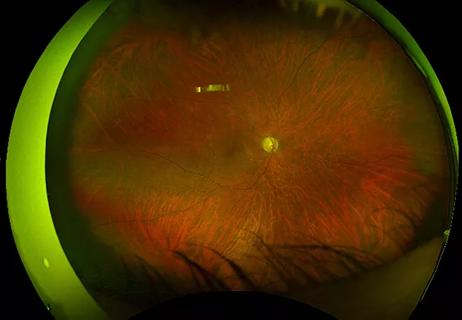
Holistic approach is necessary to ensure a correct diagnosis
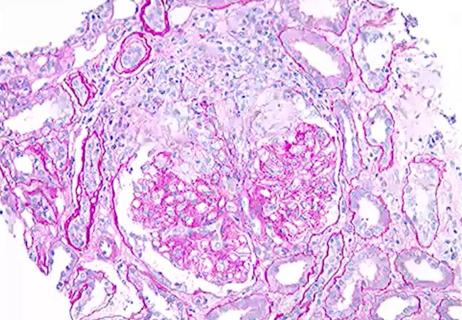
Knowing the affected organs and vessels can help in identifying cause
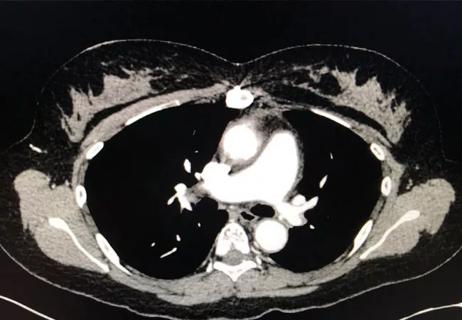
When to consider the possibility of pulmonary artery involvement
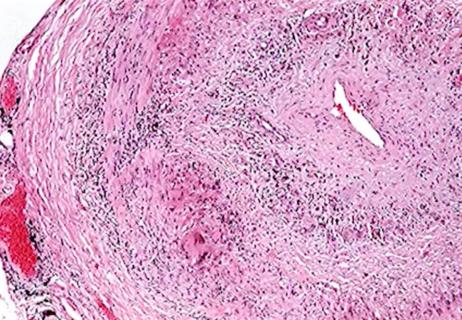
When GCA initially presents without cranial symptoms

Relapses are frequent even with long periods of remission
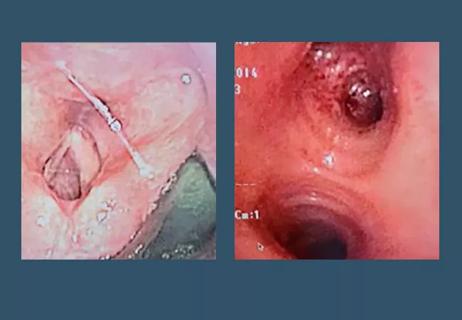
Multidisciplinary management resolves complex case
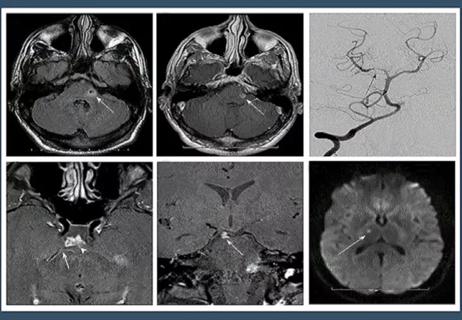
Raising awareness of a common manifestation